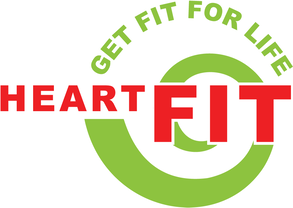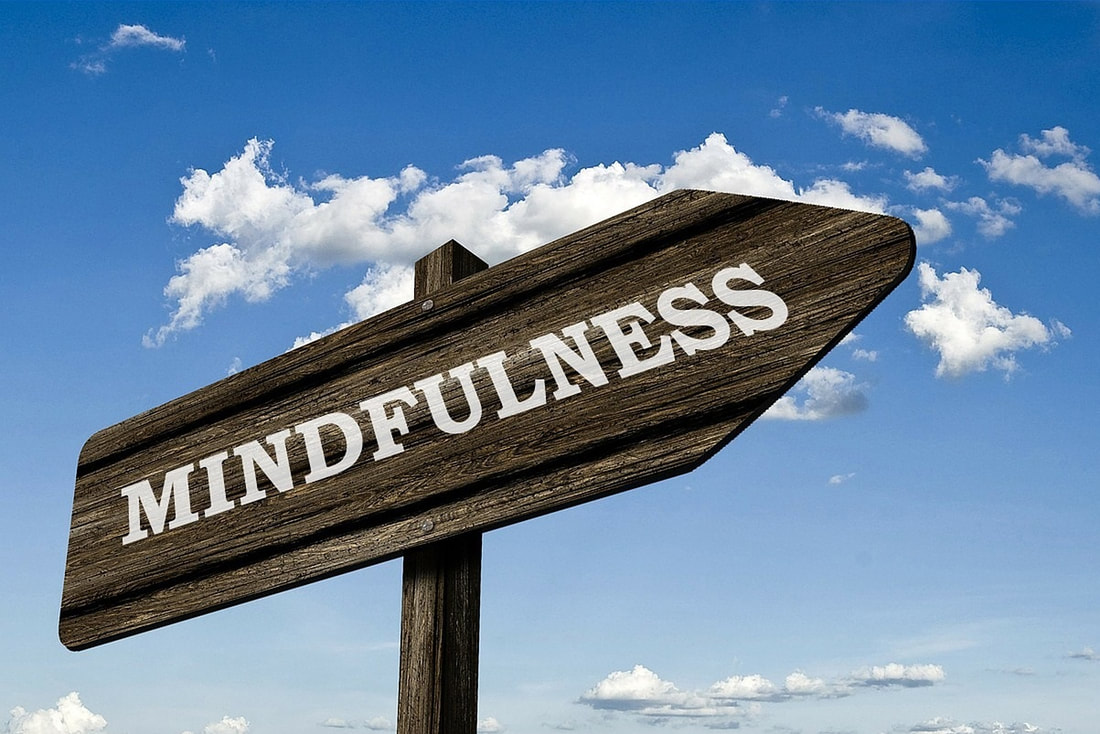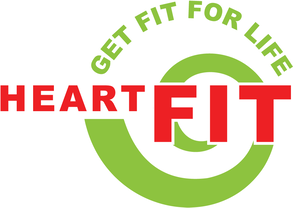|
Life is full of change. Sometimes we welcome it. Other times we try to ignore it. Some of us even outright resist it. But, change is constant. We usually don’t notice the little or the expected changes; it’s when we are caught off-guard that things can be difficult to accept and deal with. As we all know, things change constantly over the entirety of our lives. It's something that we can all relate to, and adaptability is a skill that benefits us regardless of which stage of life we're in. Many of our HeartFIT members are facing significant age-related changes. Some have retired, and many are dealing with the loss of friends and loved ones. Others are moving closer to family or downsizing their homes, and a number of HeartFitters are experiencing substantial changes in family dynamics. Big changes like these can be difficult to deal with, which is why learning to adapt can help us to cope with and accept our circumstances. We also recognise that with the COVID-19 pandemic, we are all going through an intense period of change. There is very little we can control about this situation, and though it may be short term, it is still difficult to adapt to the isolation of not seeing loved ones and having to forgo social activities from HeartFIT and all other aspects of your life. It is our hope that this month's newsletter will help you with adapting to these changes. A lot of the information and strategies we'll be sharing with you here can be helpful to younger generations too. We all go through change, so passing on this information may be useful to your friends, children, and even grandchildren too. If you read something that strikes a chord, why not forward on some articles and help others with learning adaptability - it's a skill we all need, regardless of age! Does Adaptability Impact Our Health?
At HeartFIT, we recognise that your mental health and emotional wellbeing is just as important as your physical health. As such, when we talk about topics like adaptability, it is our hope that we can encourage you to train a healthy mindset as you train a healthy body. Big changes in our lives, particularly when they are negative or overwhelming, often greatly impact our mental and emotional health. Adaptability is a skill that can help us combat feelings that are weighing us down, and to accept things and remain positive as we get on with life. Click Read More below to continue this article.
0 Comments
What are deep breathing exercises? Deep breathing, also known as belly breathing, diaphragmatic breathing, or abdominal breathing, is a simple way to clear your mind and ease stress. Drawing in extra oxygen does wonders for the mind and body. It cleanses, opens, and soothes different parts of our being. We all breathe in and out every day, but when was the last time you took a deep breath? Most people don't do it as often as they think, but deep breathing is a convenient tool to help you combat stress, anxiety, reduce pain, and even lower your blood pressure. Top 8 Benefits of Deep Breathing Exercises Check out these top benefits of deep breathing from therapist Andrea Watkins at Urban Balance. 1. Decreases stress, increases calm. By taking deep breaths, your heart rate slows, more oxygen enters our blood stream and ultimately communicates with the brain to relax. Deep breathing also ups your endorphins, the “feel good” chemical. 2. Relieves pain. When the body releases endorphins, not only they help you feel good, but they combat pain too. 3. Stimulates the lymphatic system (detoxifies the body). Breathing is in charge of 70% of cleansing the body of toxins (the other 30% is through bladder and bowels). If you do not breathe fully, your body must work overtime to release these toxins. 4. Improves immunity. When your blood is fully oxygenated, it carries and absorbs nutrients and vitamins more efficiently. Essentially, the cleaner the blood, the harder it is for illnesses to stay in your system. 5. Increases energy. The more oxygen that is in the blood, the better your body functions. It also improves stamina. 6. Lowers blood pressure. As your muscles relax, your blood vessels dilate, which improves circulation and lowers blood pressure. Deep breathing also slows and regulates the heart rate, which also helps lower your blood pressure. 7. Improves digestion. The more you breathe deep, the healthier blood flow you will produce, which promotes your organs to function more effectively, including your intestines. 8. Helps correct body posture. Next time you breathe in, notice that you simultaneously lengthen and straighten your spine. In order to take a deep breath in, your lungs take up maximum space, your diaphragm pulls down, so in turn your torso straightens in order for this to be possible. Click the button below to read the complete article: Click "Read More" for some methods of deep breathing you can try right now.
|





 RSS Feed
RSS Feed
